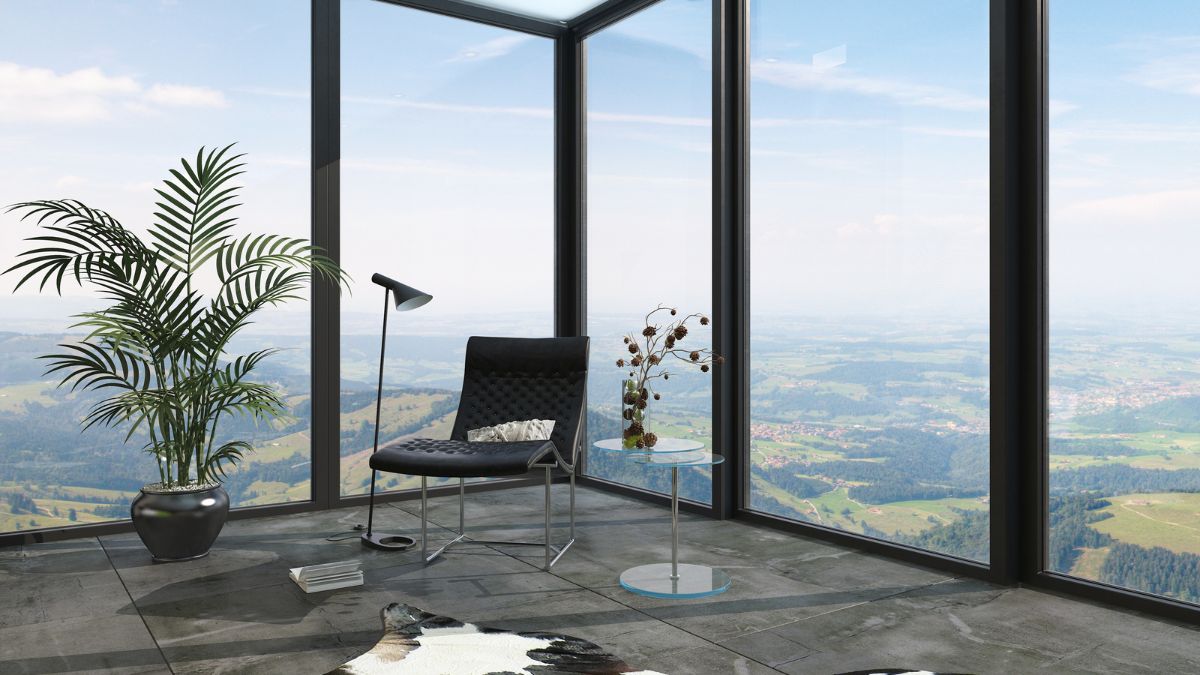There are so many considerations that go into choosing a new window, but probably none as important as the window glass. In fact, I always stress out how crucial it is to ensure that a replacement window is fitted with superior quality, high-performance glass. Why? Well, that’s what I’m here to talk about with you.
Window Technologies Over the Years
Technological advancements have improved window glass, boosting how it affects overall window performance. First, there was insulated glass. Invented in 1865 by Thomas Stetson, it was used commercially in the 1930s, favored for helping increase thermal and sound insulation in buildings.
Then there was laminated glass, in which a layer of film was applied to the window glass. Thanks to the film coating, window glass strength is reinforced, helping it better withstand strikes and impact from debris or elements. Depending on the lamination film applied, a window glass may also be capable of filtering out sunlight and blocking UV rays.
Further down the line, low-emissivity or low-E glass was born. Also featuring a special coating, low-E glass boasts of reducing heat transfer between glass panes to bolster window energy efficiency. It is important to prevent indoor heat from getting out and outdoor heat from getting in because this stabilizes the temperature in your home. With indoor temperature stability, your HVAC system need not work doubly hard to keep you comfortable, avoiding needlessly guzzling energy, which reflects on your electricity bill.
The Role of Glass in Window Performance
Any given window unit is made up of several components. All of these have specific roles to play, contributing to the overall performance of a window, but given its size in relation to the others, the glass pane can be considered as the defining element. Take it away and a window will be nothing more than just a gaping hole in a wall, letting in heat, rain, and debris, and making it impossible to control indoor temperature.
Specifically, the kind of glass a window uses affects the following properties that define window performance:
- U-Value – This refers to the measure of heat lost through a window. The lower a window’s U-value then, the lower the level of heat it allows to escape, signifying great insulation. The idea is to get a window with the lowest U-value you can find but doing so mostly benefits homes in colder areas where heating needs are high. By preventing heat loss as much as possible, window glass can keep heating requirements low.
- Solar Heat Gain Coefficient (SHGC) – If U-value involves heat lost from within a home, SHGC refers to the measure of heat absorbed into a home through a window. Sunlight brings both heat and light and windows with high SHGC bring in the highest level of heat it can. Those living in warmer areas can do away with the passive heating that high-SHGC windows can bring but those in colder locations will benefit from choosing windows with moderate SHGC as this shifts some of their heating requirements to the sun’s rays.
- Visible Transmittance – Like a lot of natural light? Visible transmittance levels refers to the amount of natural light that a window lets in. Low-E windows, for example, are designed to block off excessive heat from the sun but not natural light. If you want to make the most out of daylighting, best to get a window with a high level of visible transmittance.
Window performance is guided by the sum of its parts but the kind of window glass you choose will definitely influence a big chunk of it. Talk to your local contractor about available window glass options to help you choose the best one for you and your home.
- Key Strategies to Mitigating risks in Rental Property Investments
- The Essential Role of Property Management Companies
- The Ultimate Guide to Handling Evictions and Tenant Conflicts
- The Hidden Impact of Taxes and Insurance Costs
- Protect Your Property: Essential Practices for Effective Tenant Screening

